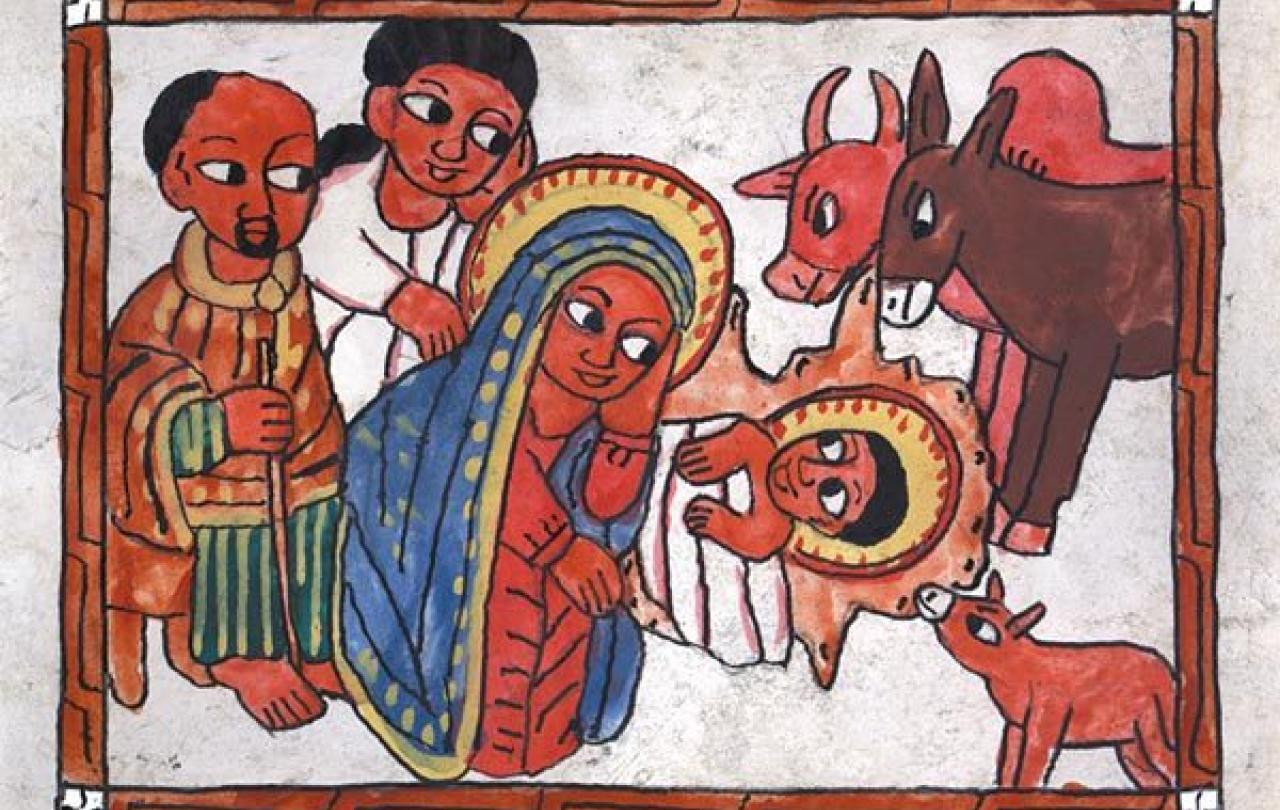
I am a member of a couple of walking groups. Many of my friends like golf and have been trying to encourage me to play and, although my golfing friends have tried hard over the years, I do agree with Mark Twain who thought of golf as a good walk spoiled.
My walking groups have rules. Both tend to be in the morning, with a pub lunch. One group set up in 2004 is strict - main course only, beer no wine. The other started in 2022 is laxer with two courses with beer and wine allowed.
The walk and lunch allow time for discussion free of mobile phones, iPads, internet and computers and consequently with full, rather than partial attention given to the discussion.
Religion and politics are allowed. At one lunchtime, discussion on Christmas led to one senior lawyer remarking that the term ‘virgin’ in the pages of the gospels may just mean a ‘young woman’. He went on to say:
“That would alter the interpretation of the New Testament somewhat!”
He said it as if it was a relatively new discovery.
Actually, it is quite old, because the first person to think that was Joseph, Mary’s betrothed husband.
Matthew explains in the first chapter of his gospel that when Joseph found that Mary was pregnant, because he was faithful to the law, and yet did not want to expose her to public disgrace, he had in mind to divorce her quietly.
In those days betrothal could only be broken by divorce. Joseph knew he was not the father.
On one occasion CS Lewis was in discussion with a colleague who stated that:
‘The early Christians believed that Christ was the Son of a virgin, but we know that this is a scientific impossibility.’
Lewis asked him to elaborate, and he went on to say:
“In those days the belief in miracles arose at a period when men were so ignorant of the course of nature that they did not perceive a miracle to be contrary to it.”
Lewis replied that this was nonsense and replied:
“When St Joseph discovered that his fiancée was going to have a baby, he not unnaturally decided to repudiate her. Why? Because he knew just as well as any modern gynaecologist that in the ordinary course of nature women do not have babies unless they have lain with men. No doubt the modern gynaecologist knows several things about birth and begetting which St Joseph did not know. But those things do not concern the main point – that a virgin birth is contrary to the course of nature. And St Joseph obviously knew that. In any sense in which it is true to say now, ‘the thing is scientifically impossible,’ he would have said the same. The thing always was, and was always known to be, impossible unless the regular processes of nature were, in this particular case, being over-ruled or supplemented by something from beyond nature.”
Lewis goes on to elaborate:
“But once and for a special purpose, God dispensed with that long line which is his instrument. Once His life-giving finger touched a woman without passing through the ages of interlocked events. Once the great glove of nature was taken off His hand. His naked hand touched her. There was of course a unique reason for it. That time he was creating not simply a man, but The Man, who was to be Himself: He was creating man anew: He was beginning at this divine and human point, the New Creation of all things. The whole soiled and weary universe quivered at this direct injection of essential life – direct, uncontaminated, untainted, through all the crowded history of Nature.”
And Donald McLeod, a Scottish theologian, in a Christmastide sermon some years ago said:
“The virgin birth is posted on guard at the door of the mystery of Christmas, and none of us must think of turning past it. It shows it stands on the threshold of the New Testament. Blatantly supernatural, defying our rationalisation, informing us that all follows belongs to the same order as itself, and if we find it offensive there is no point in proceeding further. If the virgin birth falls, the integrity of the Gospels is undermined.”
There are many things in life that we may not be able to explain. Just because we cannot believe something it does not mean it is not true. There are many things in this life that are unbelievable. I guess it all depends on our understanding of the nature of God.





